Have you ever awoken from a sleeping dream feeling perplexed and wondering what it could mean? Dreams can hold hidden meaning and symbolism, so we can often interpret the dream to gain insight into our lives. By exploring the various symbols present in a dream and their underlying meaning, we can uncover the hidden meaning of sleeping dreams. Using “sleeping dream meaning” as a starting point, we can explore the significance of our dream and uncover the true message it holds.
Types of Dreaming

- Lucid Dreaming: In this type of dreaming, the dreamer is aware that they are dreaming and can control the dream’s environment and content.
- Daydreaming: Daydreaming is a type of fantasy that occurs when a person’s mind wanders away from the current activity.
- Prophetic Dreams: These are dreams that are believed to foretell future events.
- Recurring Dreams: Recurring dreams are dreams that occur multiple times.
- Nightmare Dreams: A nightmare is a dream that causes a feeling of fear, horror, or anxiety.
- Healing Dreams: Healing dreams are seen as a form of therapy that can help people to heal emotionally, spiritually, and physically.
- Precognitive Dreams: Precognitive dreams are dreams that appear to predict the future.
- Visitation Dreams: Visitation dreams are dreams in which a deceased loved one, or a spiritual being, visits the dreamer.
Lucid Dreaming
Lucid dreaming is the ability to consciously control and influence the dream experience while being asleep. It is a mental state during which the dreamer is aware that they are dreaming and can potentially take control over the dream’s content and direction. Lucid dreaming often includes vivid visualizations and a heightened sense of awareness. It can be an incredibly powerful tool for self-reflection and exploration. Lucid dreams can also be used to work through difficult emotions and experiences, to gain creative insight, and to practice skills. Those who practice lucid dreaming can become adept at lucid dreaming, allowing them to have more vivid and longer lucid dreams.
Recurring Dreaming

| Dreams | Explanations |
|---|---|
| Recurring dreams | A recurring dream may point to unresolved issues or a problem that needs to be addressed. It may also represent an unresolved fear or anxiety. |
| Nightmares | Nightmares usually represent fear, anxiety, or other negative emotions. They can be caused by stress, trauma, or a physical health issue. |
| Lucid dreams | Lucid dreams are a type of dream in which the dreamer is aware that they are dreaming. They are thought to be a form of self-expression and creativity. |
| Prophetic dreams | Prophetic dreams are dreams that are thought to predict the future. These types of dreams are often interpreted as messages or warnings. |
Recurring dreams may be a sign that something in life needs to change. They may be a warning that a problem needs to be addressed or an unresolved fear or anxiety needs to be faced. Nightmares are usually a sign of fear, anxiety, or other negative emotions. They can be caused by stress, trauma, or even physical health issues. Lucid dreams are a type of dream in which the dreamer is aware that they are dreaming. They are thought to be a form of self-expression and creativity. Prophetic dreams are dreams that are thought to predict the future. These types of dreams are often interpreted as messages or warnings from the subconscious.
Night Terrors
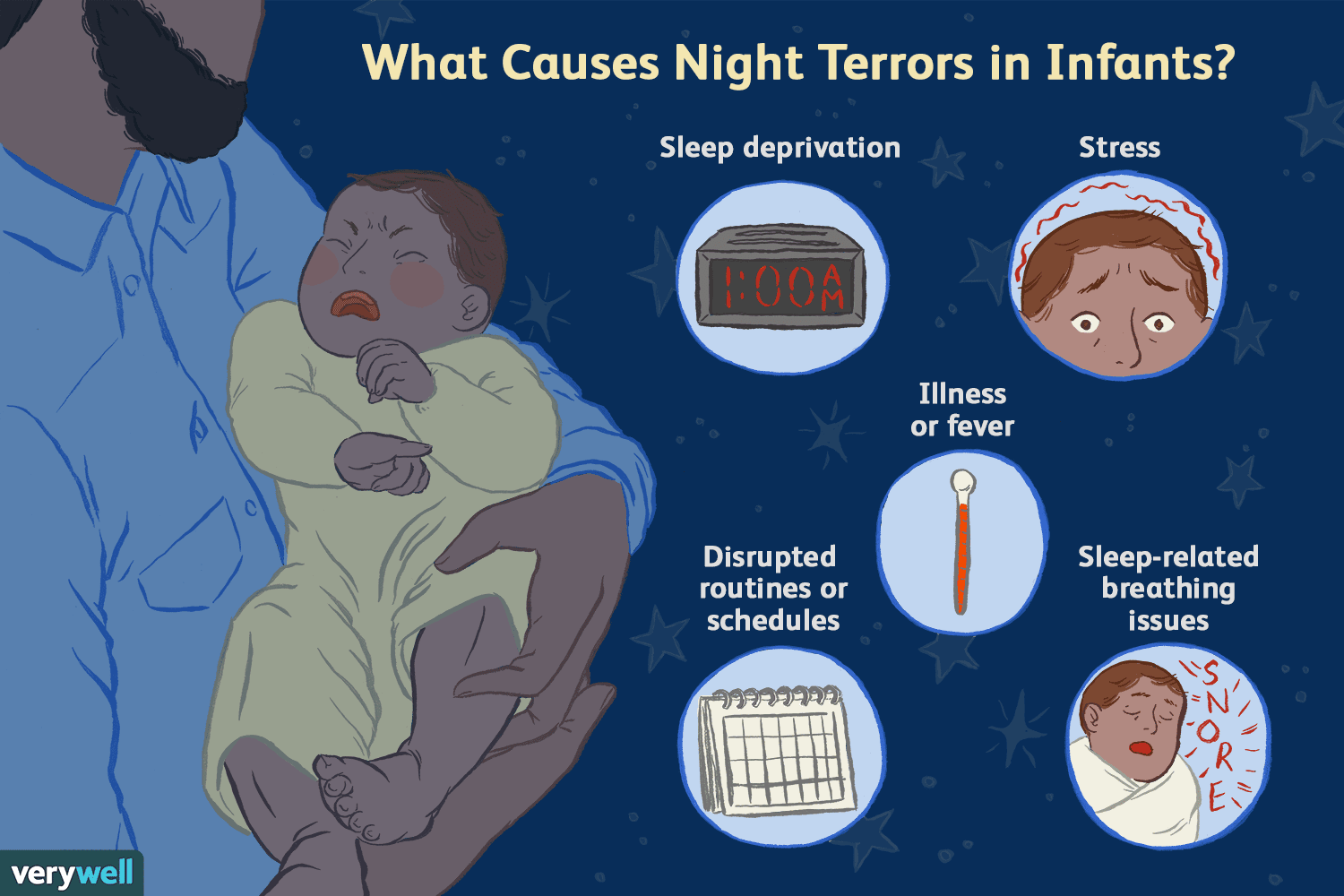
- A type of parasomnia characterized by feelings of terror at night.
- The person may be unable to recall the experience the following morning.
- The person may scream or thrash around during the episode.
- Can occur in both adults and children, but is more common in younger children.
- Can be triggered by stress, anxiety, fever, or other medical conditions.
- May require medical intervention if symptoms persist.
Dream Interpretation
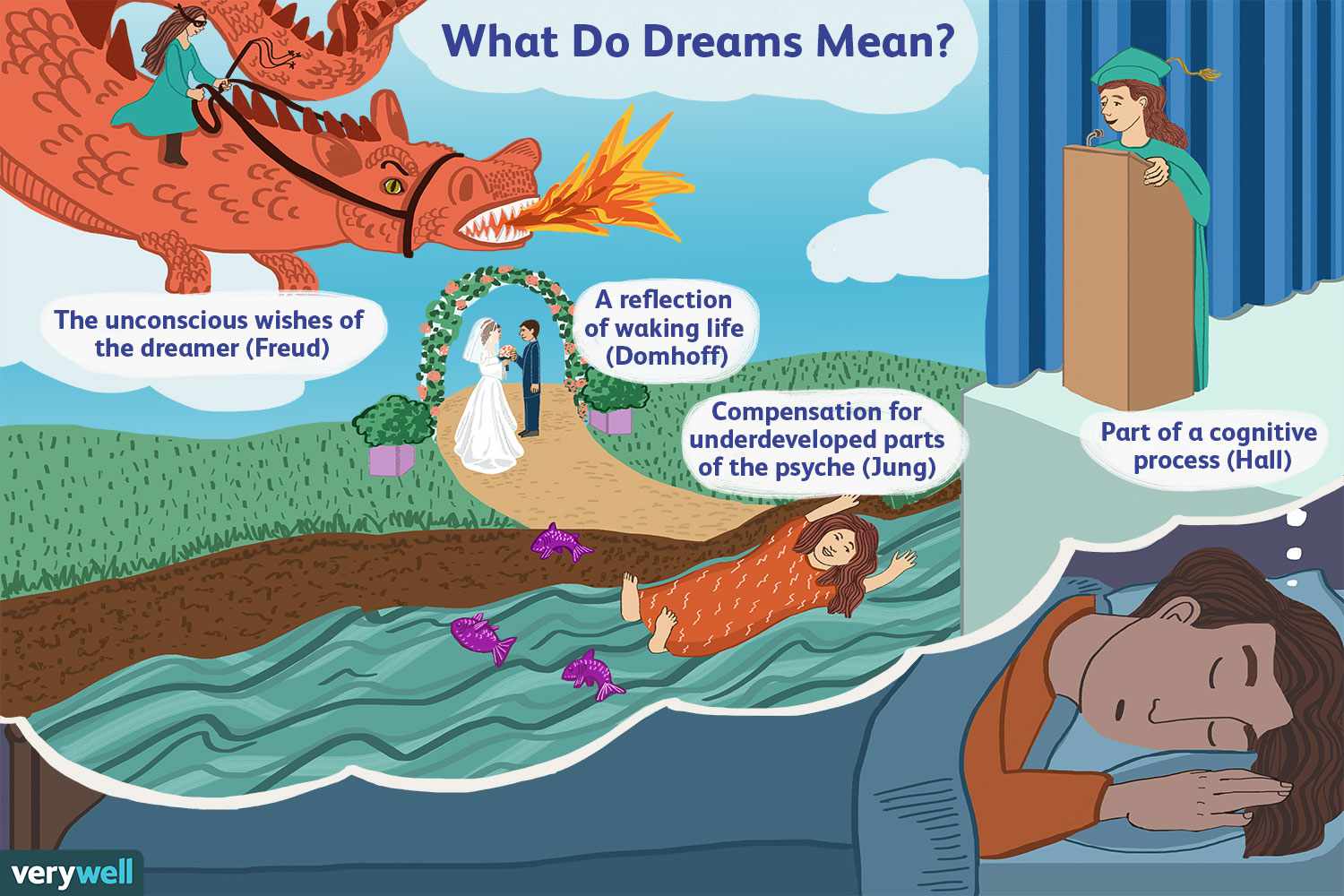
Dreams are a way for the subconscious mind to communicate with the conscious mind. By interpreting our dreams, we can gain insight into our deepest feelings and thoughts. Different symbols and events can have different meanings for different people.
Symbols
| Symbol | Meaning |
|---|---|
| Animals | Represents aspects of our personality. |
| Colors | Often represent emotions. |
| Numbers | Can symbolize a specific meaning or a pattern of behavior. |
| People | Often represent aspects of our own personality. |
| Objects | Often represent our goals or desires. |
Interpretation
When interpreting dreams, it is important to remember that the dream scenes and symbols are not always literal. They may represent something else, such as a feeling, an emotion, or an idea. It can be helpful to keep a dream journal to help you remember your dreams and to look for patterns. Consider the emotions and events in the dream, as well as any symbols that may appear. Once you have identified the symbols and their meanings, you can begin to interpret the dream.
Symbolic Meanings

| Symbol | Meaning |
|---|---|
| Flying | Escaping from problems, or being free from them. |
| Falling | Feeling a lack of control in life. |
| Teeth falling out | Fear of growing old, or of speaking up. |
| Being chased | Fear of an unknown danger. |
| Being late | Anxiety about missing out on important opportunities. |
| Naked in public | Fear of being judged by others. |
Psychological Meanings

Dreams can often be a reflection of our current mental and emotional state. They can represent desires, feelings and anxieties that we are struggling to process and understand. Dreams are a way of our subconscious communicating with us and helping us to gain insight into our lives. Dreams can also be a way of venting out pent-up emotions and releasing some of the stress and pressure of daily life. By interpreting the symbols and stories in our dreams, we can gain a better understanding of ourselves and our life. Dreams can offer us advice or warning us of potential danger. They can also provide us with clues to our innermost thoughts, feelings and desires.
Spiritual Meanings

- Dreams can be seen as a bridge between the conscious and unconscious mind, allowing us to explore our inner thoughts and feelings.
- Dreams can provide insight into our spiritual growth and help us understand our spiritual path.
- Dreams can give us guidance on how to make decisions or which direction to take in life.
- Dreams can also reveal our subconscious desires, hidden fears, and worries.
- Dreams can help us connect with our higher self and the divine guidance, allowing us to tap into a deeper understanding of our life.
- Dreams can help us discover our life purpose and learn how to live a more meaningful life.
Sleep and Dream Quality

Dreams are thought to be part of the brain’s natural process of consolidating and organizing information gathered during the day. The quality of sleep and dreams is an important factor in how the brain processes information, and how a person’s overall mental health and wellbeing are impacted. Poor sleep, or poor dream quality, can lead to impaired cognitive functioning, difficulty in concentration, and lower energy levels. Poor sleep and dream quality can also lead to feelings of anxiety, depression, and irritability.
A person’s sleep and dream quality can be affected by a variety of factors, including stress, diet, exercise, and environmental factors. For example, stress can lead to poor sleep and dream quality, as can poor diet and lack of exercise. Likewise, environmental factors such as noise, light, and temperature can have an impact on sleep and dream quality.
Improving sleep and dream quality can help improve overall mental health and wellbeing. Getting enough sleep on a regular basis and creating a calming environment before bed can help improve sleep and dream quality. Additionally, making healthy lifestyle changes, such as reducing stress and getting regular exercise, can help improve sleep and dream quality.
Sleep Hygiene
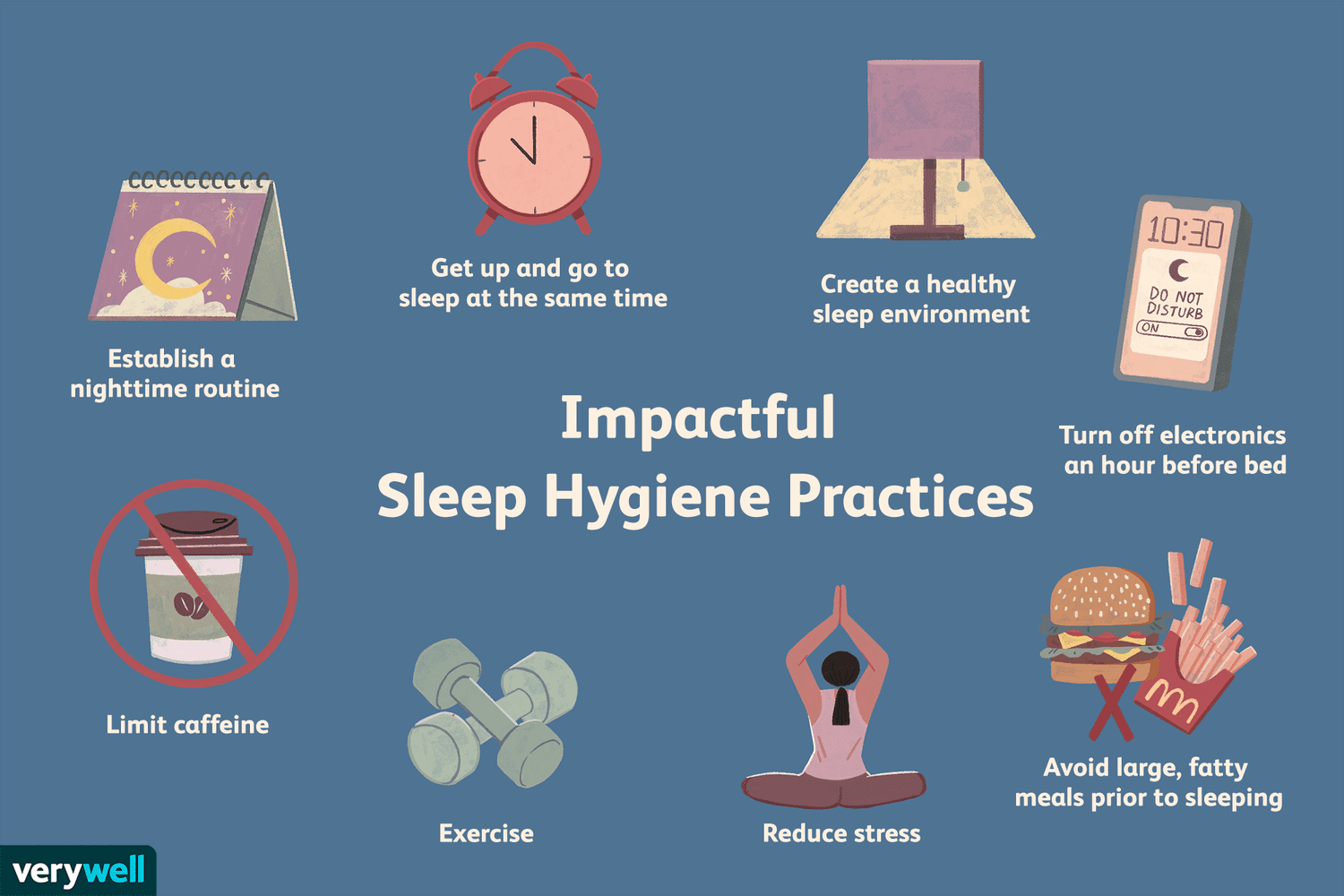
| Good Sleep Habits | Bad Sleep Habits |
|---|---|
| Go to bed and wake up at the same time every day | Staying in bed when you can’t sleep |
| Limit caffeine, nicotine, and alcohol | Using electronic devices in bed |
| Get regular exercise | Eating large meals or snacks before bedtime |
| Create a sleep environment that is comfortable, quiet, and dark | Sleeping during the day |
Sleep hygiene is the practice of good sleep habits that help promote a good night’s sleep. Good sleep hygiene habits include going to bed and waking up at the same time every day, limiting caffeine, nicotine, and alcohol, getting regular exercise, and creating a sleep environment that is comfortable, quiet, and dark. Bad sleep habits include staying in bed when you can’t sleep, using electronic devices in bed, eating large meals or snacks before bedtime, and sleeping during the day.
Impact of Stress
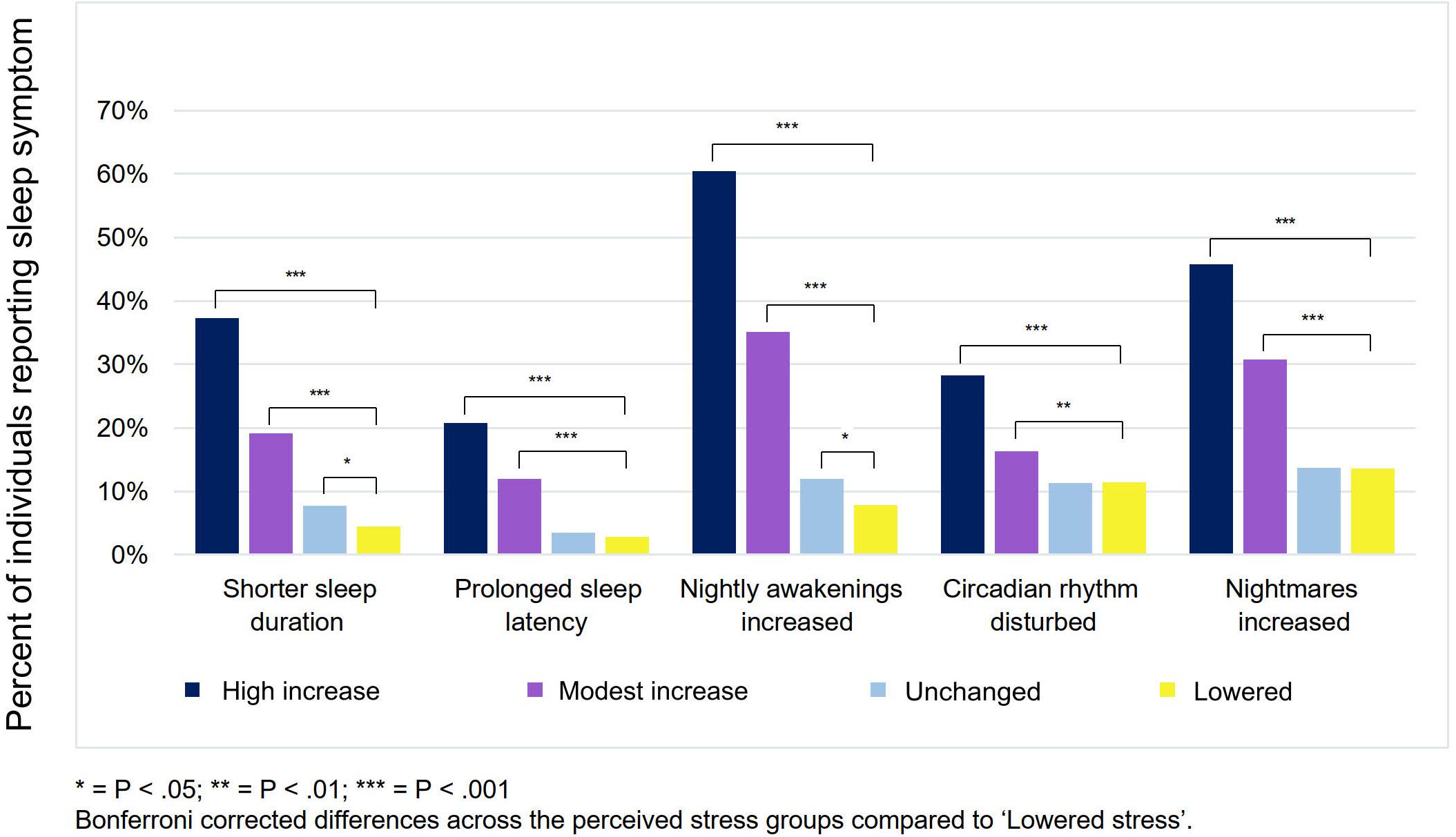
- Sleep deprivation, insomnia and other sleep problems
- Depression and anxiety
- Headaches and body aches
- Heart disease, high blood pressure and stroke
- Gastrointestinal problems, such as ulcers and irritable bowel syndrome
- Accelerated aging and premature death
- Weakened immune system
Sleep Disorders
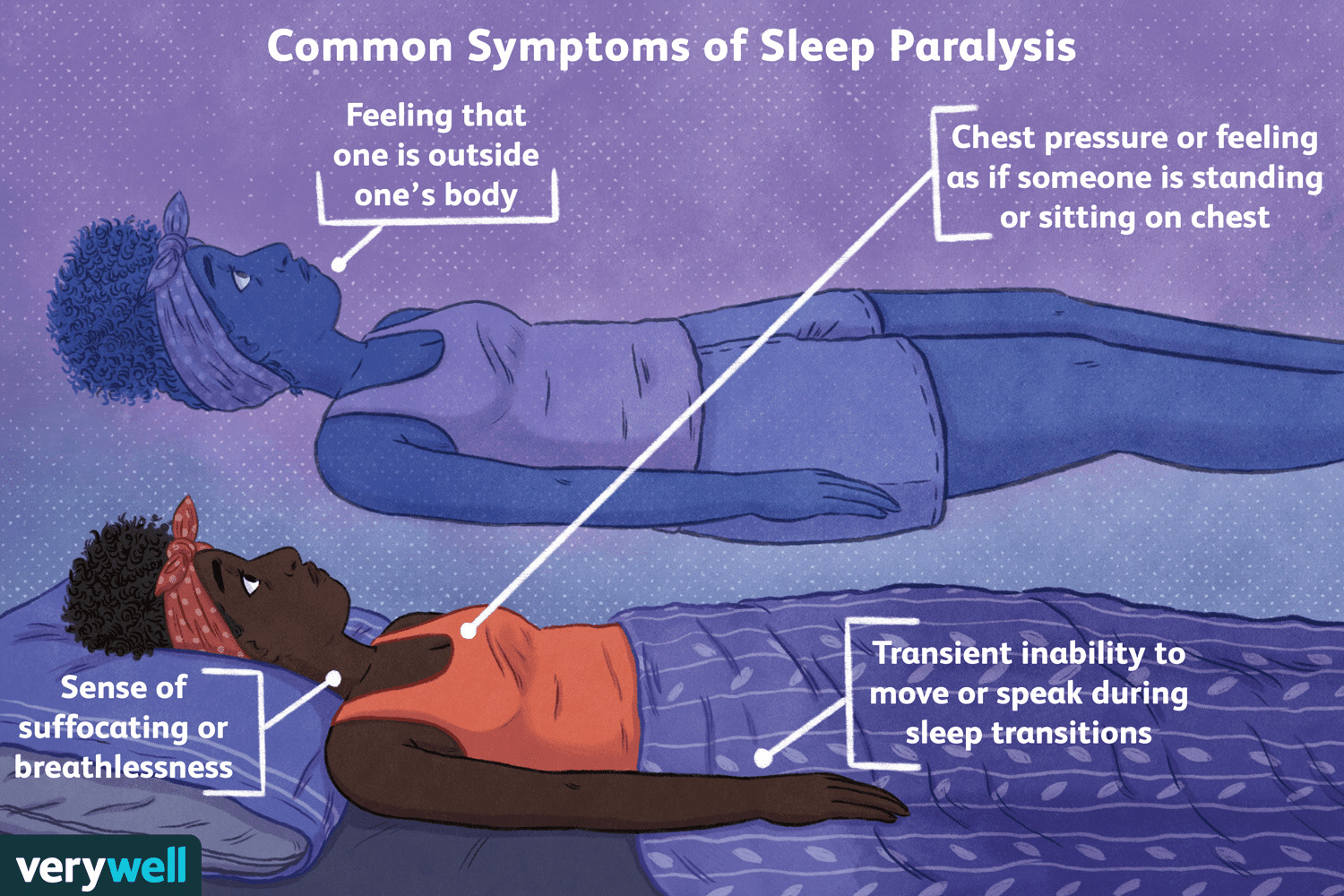
Sleep disorders are conditions that disrupt sleep patterns, making it difficult to fall asleep, stay asleep, or get enough restful sleep. Common sleep disorders include insomnia, sleep apnea, narcolepsy, and restless legs syndrome.
| Sleep Disorder | Definition |
|---|---|
| Insomnia | Difficulty falling asleep or staying asleep |
| Sleep Apnea | Temporary pauses in breathing during sleep |
| Narcolepsy | Sudden, uncontrollable episodes of daytime sleepiness |
| Restless Legs Syndrome | Uncomfortable sensations in the legs that cause an urge to move them |
Sleep disorders can have a significant impact on quality of life and can lead to health problems such as daytime fatigue, mood disorders, and difficulty concentrating. Treatments for sleep disorders include lifestyle changes, medications, and behavioral therapy.
Dream Recall and Recording
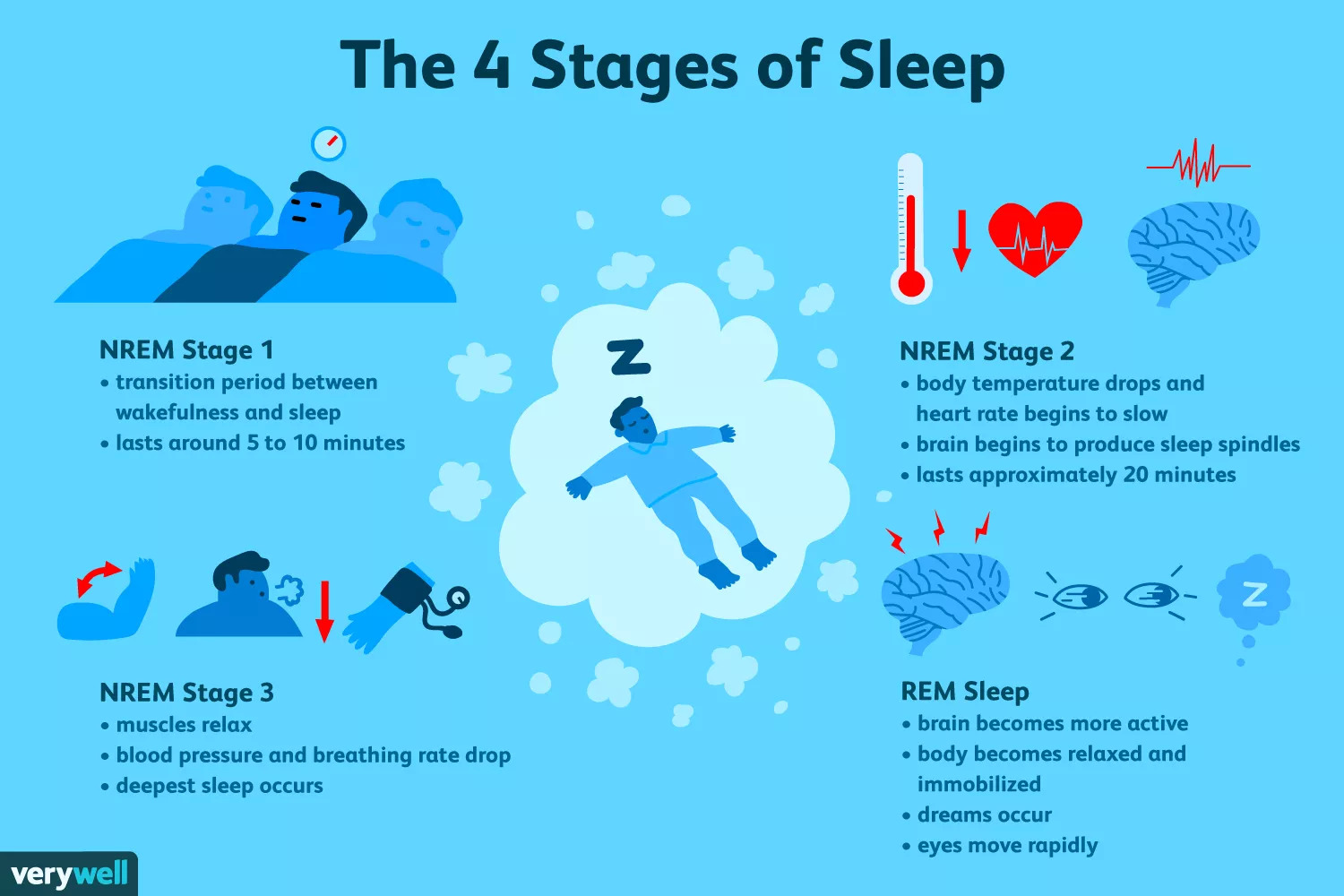
Dream recall and recording is a method used to increase dream comprehension and memory. The goal of dream recall and recording is to remember as much detail as possible from a dream in order to gain insight into the dreamer’s subconscious. This can be done by writing down the dream immediately after waking up, or by keeping a dream journal. Keeping a dream journal is beneficial because it allows the dreamer to look back and see patterns or themes in their dreams. Additionally, recording dreams can help the dreamer understand what their subconscious is trying to communicate.
Nightmares

| Dreams | Meaning |
|---|---|
| Dreams of being chased | Feeling overwhelmed by life’s circumstances |
| Dreams of falling | Fear of failure or loss of control |
| Dreams of monsters or other creatures | Repressed emotions or unresolved issues |
| Dreams of death | A lack of control or feeling powerless |
| Dreams of losing possessions | Fear of loss of identity or self-worth |
Nightmares are bad dreams that can cause fear, anxiety, and distress. They often involve frightening images, such as monsters, violence, or physical danger. Nightmares can be caused by a variety of factors, including stress, traumatic life events, certain medications, and substance abuse. The meaning of nightmares can vary depending on the individual, but common themes include feeling overwhelmed, fear of failure, repressed emotions, lack of control, and fear of loss.
Causes

Dreams are believed to be caused by a variety of factors, including biological and psychological influences. Biological influences can include hormone levels, medications, and even sleep stages. Psychological influences can include past experiences, current worries, and even upcoming events. Additionally, dreams may be a result of subconscious thoughts, such as repressed desires or suppressed emotions. Finally, dreams may be a result of external stimuli, such as noises, images, or other stimuli that occur during sleep.
Treatments

Dreams can be disruptive and distressing, but there are treatments available to help those who experience them. Cognitive Behavioral Therapy (CBT) is the most common approach used to treat nightmares, as it focuses on changing the thoughts and behaviors that may be causing the dream. Other treatments, such as psychotherapy and relaxation techniques, can also help reduce the frequency and intensity of nightmares. Additionally, medications such as prazosin and clonidine can be used to help reduce the intensity of nightmares. It is important to speak to a qualified medical professional in order to determine the best course of treatment for your needs.
Daydreaming
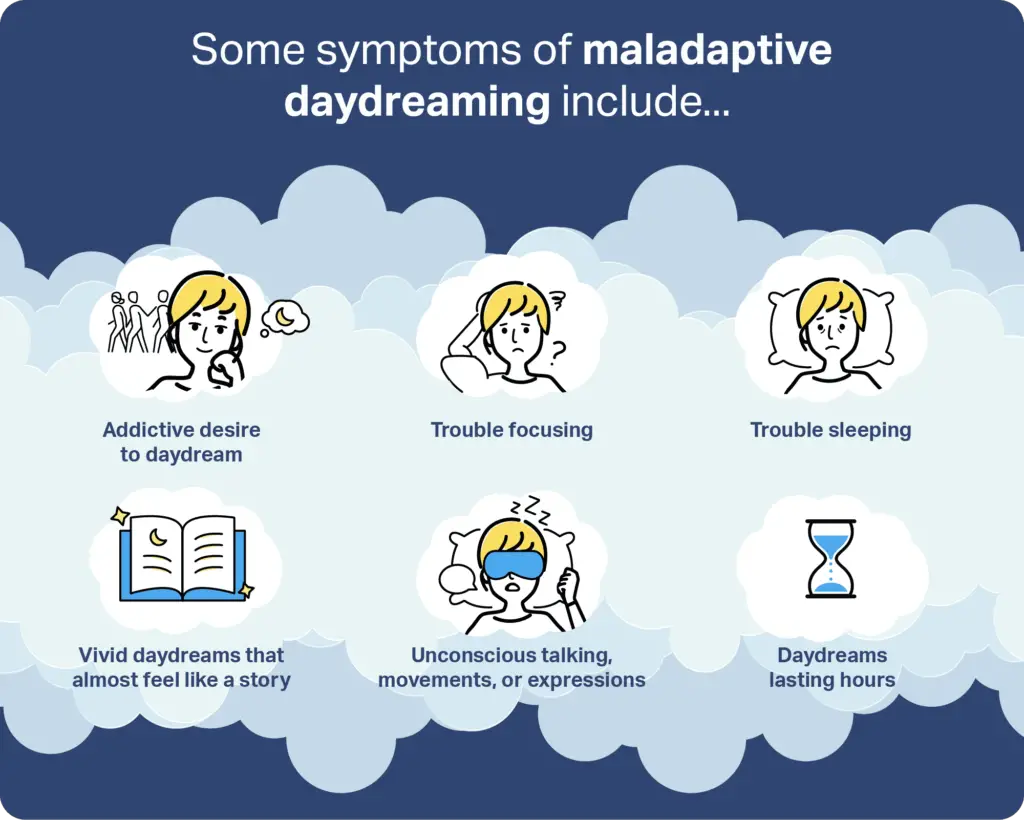
- Daydreaming is an activity in which a person’s thoughts stray from reality and become immersed in imagination.
- It is a form of mental escapism, allowing people to explore their hopes, fantasies, or memories without any external influence.
- Daydreams are usually pleasant and can provide relief from the everyday stresses of life.
- However, daydreaming can also lead to distraction, which can interfere with one’s ability to focus on tasks at hand.
- In terms of dreams, daydreaming is often associated with lucid dreaming, where one is aware that they are dreaming and can control aspects of the dream.
- The content of daydreams can reveal insights into a person’s subconscious and can be used to gain deeper understanding of their thoughts and feelings.
Definition

Dreaming is the experience of having a dream during sleep. Dreams can be vivid and memorable, or they can be fleeting and unrecognizable. Dreams usually take place during rapid eye movement (REM) sleep, which is a deep, restorative sleep stage. Dreams can be highly symbolic and often reflect our hopes, fears, and desires. Many people believe that dreaming has psychological and spiritual significance.
Benefits
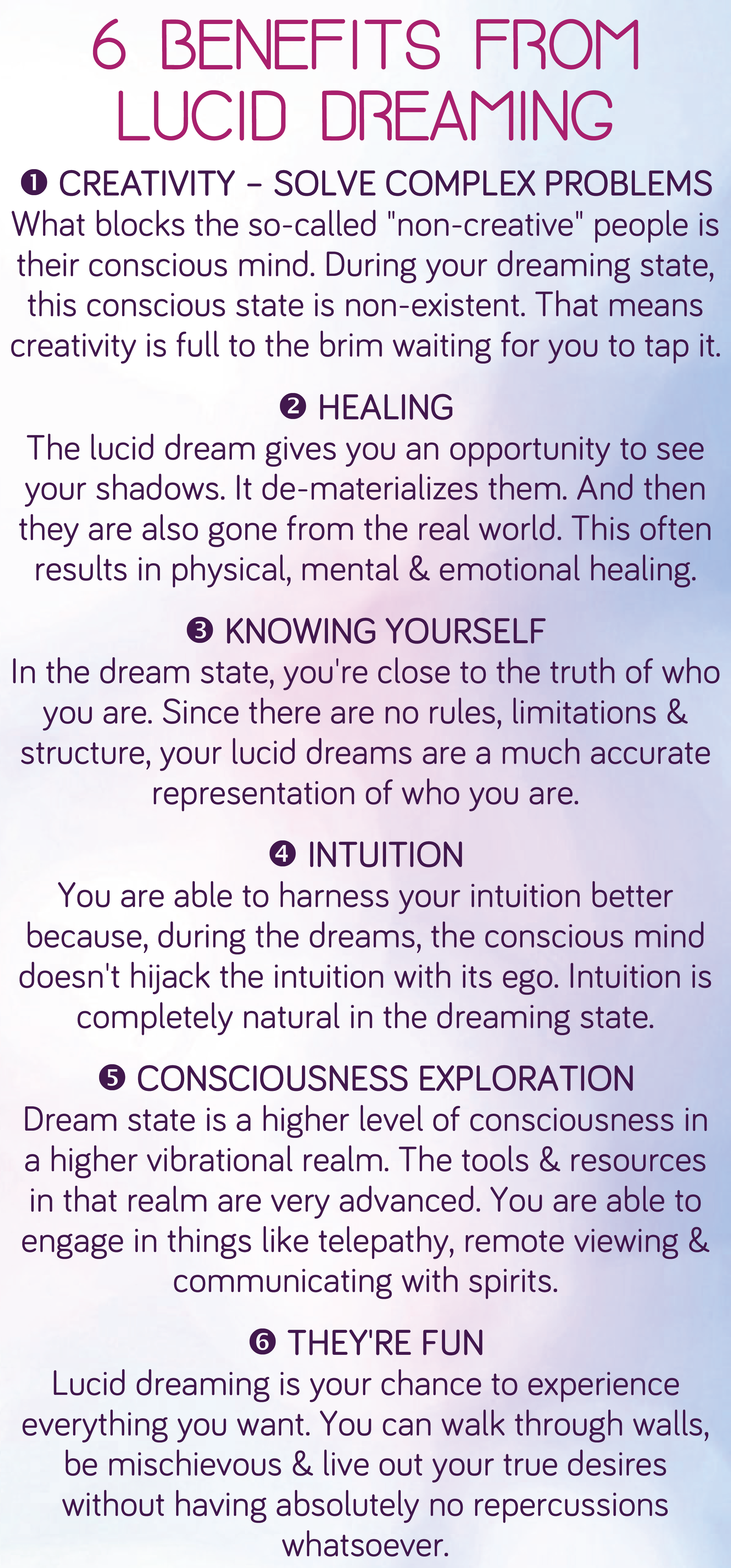
- Being aware of the meaning of your dreams can help you better understand yourself and your emotions
- Gaining insight into the motivations and influences behind your decisions
- Providing clarity on issues or problems you may be facing
- Learning to recognize symbols and metaphors in your dreams can help you on a daily basis
- Helping you to recognize patterns that could be affecting your wellbeing
- Giving you a better understanding of why you react in certain ways
- Providing guidance and direction in times of uncertainty
Sleep Paralysis
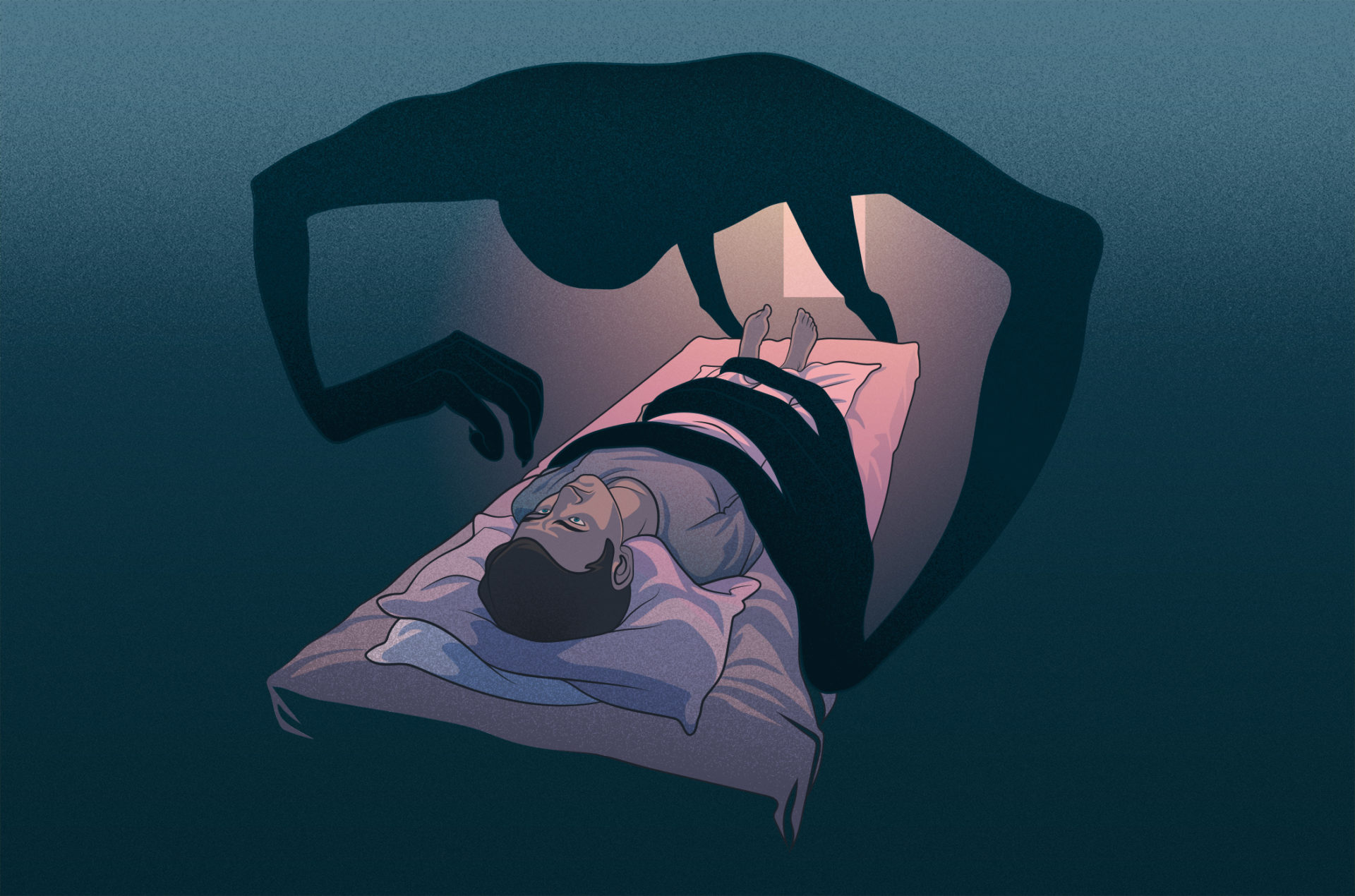
- Sleep paralysis is a medical condition in which a person is unable to move his/her body for a short time, either when falling asleep or upon waking up.
- It is also often accompanied by vivid hallucinations, a feeling of being held down, and an intense fear.
- Sleep paralysis is a common experience and affects up to 40% of people at some point in their lives.
- The cause of sleep paralysis is not known, but it is thought to be related to irregular sleep patterns, fatigue, stress, and other mental health conditions such as depression.
- Treatment for sleep paralysis includes improving sleep hygiene and addressing underlying mental health issues.
Causes

- Stress
- Anxiety
- Depression
- Unresolved issues
- Lack of sleep
- Drug or alcohol use
- Medications
- Hormonal changes
- Illness
- Environmental factors
Treatments

- Recording sleeping patterns to identify triggers.
- Cognitive Behavioral Therapy to challenge negative thinking patterns.
- Medication to reduce the frequency and intensity of nightmares.
- Relaxation techniques such as deep breathing and mindfulness to reduce stress.
- Counseling to explore the underlying causes of nightmares.
- Aromatherapy with essential oils to encourage relaxation.
Frequently Asked Questions
What is the Hidden Meaning of Sleeping Dreams?
Sleeping dreams are an enigmatic form of communication between our conscious and subconscious minds. They are not only a way for us to process and make sense of our days, but they can also be used to gain insight on our innermost fears and desires. Dreams can provide a window into our deepest thoughts and feelings, allowing us to gain insight into our life path, relationships, and even our purpose in life. By gaining a better understanding of the hidden meanings behind our sleeping dreams, we can unlock the power of our subconscious and gain a greater sense of self-awareness.
How can I interpret my sleeping dreams?
Dream interpretation can be a complex process, but with the help of a few guidelines, it can be made simpler. Firstly, take note of the emotions associated with the dream, as well as any recurring symbols or themes. Secondly, consider the context of the dream, such as the time, place, and characters involved. Thirdly, reflect on the dream’s meaning and how it might relate to your life. Lastly, seek out the help of a professional dream interpreter for further guidance.
What can dreaming while sleeping tell me about my life?
Dreams can provide insight into our lives and can help us to process our emotions, thoughts, and experiences. They can represent our unresolved conflicts, our worries and fears, and our hopes and aspirations. Dreams can also offer us advice and suggest solutions to our problems. Dreams can be a way to gain insight into our unconscious minds, our relationships, and our lives. By reflecting on our dreams, we can gain insight into our emotional needs and desires and make decisions that will benefit our future.
What symbols should I look out for in my sleeping dreams?
Dreams can be a reflection of our subconscious, and the symbols they contain can be a window into our innermost thoughts and feelings. Common symbols to look out for in dreams include numbers, animals, colors, people, objects, locations and activities. Pay attention to the context of the dream and the emotions associated with it – this can help determine what the symbol could mean in relation to you.
What is the importance of understanding the meaning of my sleeping dreams?
Dreams are a powerful part of our lives, offering insight into our deepest desires, fears, and motivations. Understanding the meaning of our sleeping dreams can help us gain insight into our subconscious, allowing us to make better decisions, gain clarity on difficult matters, and improve our overall mental wellbeing. Dreams can provide us with a better understanding of ourselves and our place in the world. They can help us unlock creative potential and provide us with a much-needed sense of direction.
Conclusion
Dreams can provide us with important insight into our own emotions, thoughts, and behavior. By understanding the meaning of our dreams, we can gain a better understanding of ourselves, as well as our relationships and interactions with others. Dreams can also provide us with valuable guidance and direction. By paying attention to our dreams and actively exploring them, we can unlock hidden truths about our lives and take steps to create positive changes.








